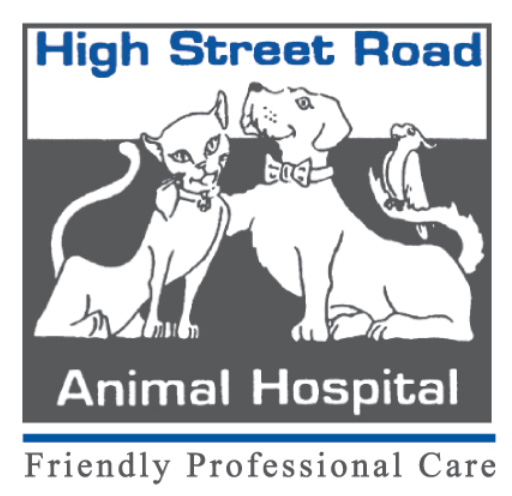Many of the medications and products that we have around the home are actually very dangerous for animals if they are ingested. We ask that you never prescribe your own medications to your pet and that you always keep all medications out of reach of pets and children at all times. We have provided a brief list of common household products that are toxic to our pets. This does not include all potential hazards.
If your pet has eaten something that you are concerned about, please call us for advice immediately. Try to bring the toxins packaging with you if you need to visit us here at the hospital, this helps us to identify the potential degree of poisoning.

Rat and Mouse Poison
Rat poison is often presented in pellets or blocks that contain cereal. This makes it quite attractive to dogs in particular. Some products contain a deterrent to pets, often labelled as “pet safe” but they still contain the same toxic poison and many dogs will still eat them! Rat poison does not cause immediate signs of poisoning but can take 3-5 days to cause problems.
It works by preventing the normal process of blood clotting which leads to internal and external bleeding and anaemia. It is potentially fatal. Please contact us immediately if you think your pet has ingested rat poison.
Treatment is available. It is most important to bring the packaging with you if possible to help us with the best treatment protocol for your pet. These poisons must be stored safely away from all pets.
Snail Bait
Snail pellets are also cereal-based and attractive for pets to eat. Signs of poisoning are more immediate and may include salivation, vomiting, diarrhea, weakness, muscle twitching, staggering and convulsions.
Treatment is urgent and involves admission to the Hospital. It is most important to bring the packaging with you if possible to help us with the best treatment protocol for your pet. Please avoid placing these where your pet can get to them.
Paracetamol
Ibuprofen and other Anti-inflammatories
Chocolate
Chocolate contains theobromine which dogs find difficult to metabolise. The darker the chocolate, the higher the content of theobromine. Signs of toxicity include restlessness, muscle twitching and elevated heart rate.
Severe cases may start seizures and finally fall into a coma and die. The good news is there are special “dog chocolates” available that do not contain the theobromine!
Toxic Plants
Toxic Foods
Antifreeze
Flea Products
Snakes
Australia has some of the world’s most venomous snakes! Snakes are most active in hot, dry weather and are not uncommonly encountered in suburbia. Tiger, brown and copperhead snakes are commonly found in Victoria.
Signs of snake bite include vomiting, staggering, panting, paralysis and eventually death. Anti-venom is available for all of these types of snakes and immediate treatment at the Hospital is required to increase the chances of recovery.
Has your pet ingested a toxin?
Call our hospital for immediate emergency care – it could save your pet’s life!
“Friendly and welcoming”
★★★★★
Very caring staff. It is very friendly and welcoming. Our dog loves visiting this place.
– Meaghan, 5-Star Google Review
Opening Hours
Mon to Fri: 7:30am-7:00pm
Sat: 8:30am-1pm
Sun: Closed
